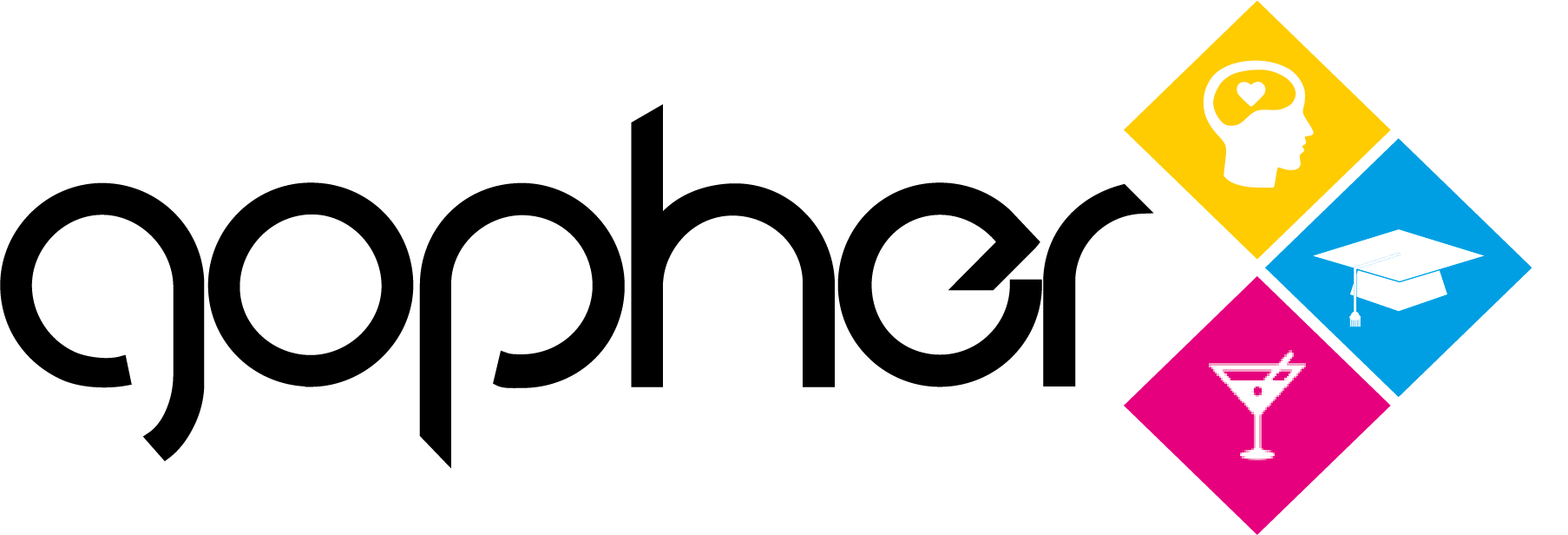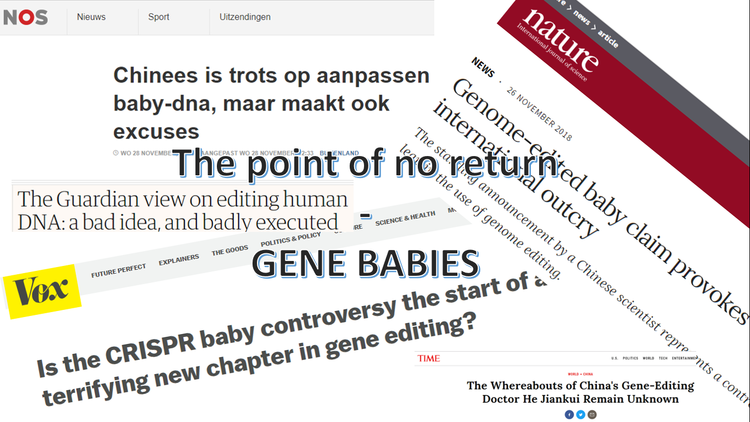Did you know that methamphetamine was one of the drugs used to enhance the performance of the Nazi troops and their leader Hitler in World War II?
Read MoreThou shall not lie, especially not to your children. But here’s why twisting reality may sometimes help your kids.
Read MoreMindMint: Academisch onderzoek zo presenteren dat je oma en nichtje het allebei begrijpen
Read MoreWelkom op de pagina van MindMint, een platform met een verfrissende kijk op onderzoek!
Read MoreWhere's the moral compass in research communication pointing to?
Read MoreMindMint is interviewing members of the Pronkjewail Doctoral Training programme - an international project at University Medical Center Groningen that focuses on helping patients especially likely to suffer from infections. The project is divided into four different pillars, and today we focus on pillar one: Vaccines and Primary Prevention.
Read MoreMindMint is interviewing members of the Pronkjewail Doctoral Training programme - an international project at University Medical Center Groningen that focuses on helping patients especially likely to suffer from infections. The project is divided into four different pillars, and today we focus on pillar one: Vaccines and Primary Prevention.
Read MoreCan we approach this in a scientific way? If we understand why a hangover occurs, can we take measures to prevent one, rather than curing the damage when it's already done?
Read MoreThe technique that sounds like science-fiction is here, how we plan to implement it is up to us, ALL OF US. Gene editing is making its way to the clinic sooner then we think. Many of us might be confronted with gene editing in the future, so what will we do and have we indeed gotten to the point of no return?
Read MoreMindMint is interviewing members of the Pronkjewail Doctoral Training programme - an international project at University Medical Center Groningen that focuses on helping patients especially likely to suffer from infections. The project is divided into four different pillars, and today we focus on pillar one: Vaccines and Primary Prevention.
Read MoreRead the MindMint’s review of a book by Oliver Sacks, covering the most remarkable cases of his career as a neurologist!
Read MoreLet’s say you have decided to opt for open access for your next article – what are the options and how does your research budget impact your choice?
Read MoreA long table with steamy pots, a relaxed barbecue in the park or maybe even that well-deserved kebap after a night out with friends; eating can make us very happy. However, it is not just the food which makes it so pleasant. There’s more to your meal than just the food!
Read MoreWhat happens when a neuroscientist/psychiatrist turned comedian writes a book about the brain and how it works?
Read MoreApril 21st is International Astronomy Day! International Astronomy Day happens two times a year: in spring and in fall. MindMint prepared this post full of astronomy facts to spark your curiosity.
Read MoreSelf-regulated learning is like doing groceries. Self-regulated learners are “metacognitively, motivationally, and behaviourally active participants in their own learning”. but what does it mean in practice?
Read MoreWhile each of us, PhD students, possess different personalities, face different kinds of stress, and have different dreams, we can always learn from each other.
Read More“At the end of the day, all I learned from these activities are also beneficial for my research!”
Read More“We are not superheroes. Being a scientist gives an ordinary person a (very) small chance to save the world, though in a humble way.”
Read More“Doing my research together with other activities helps me develop different skills at the same time, and all these skills improve each other.”
Read More











